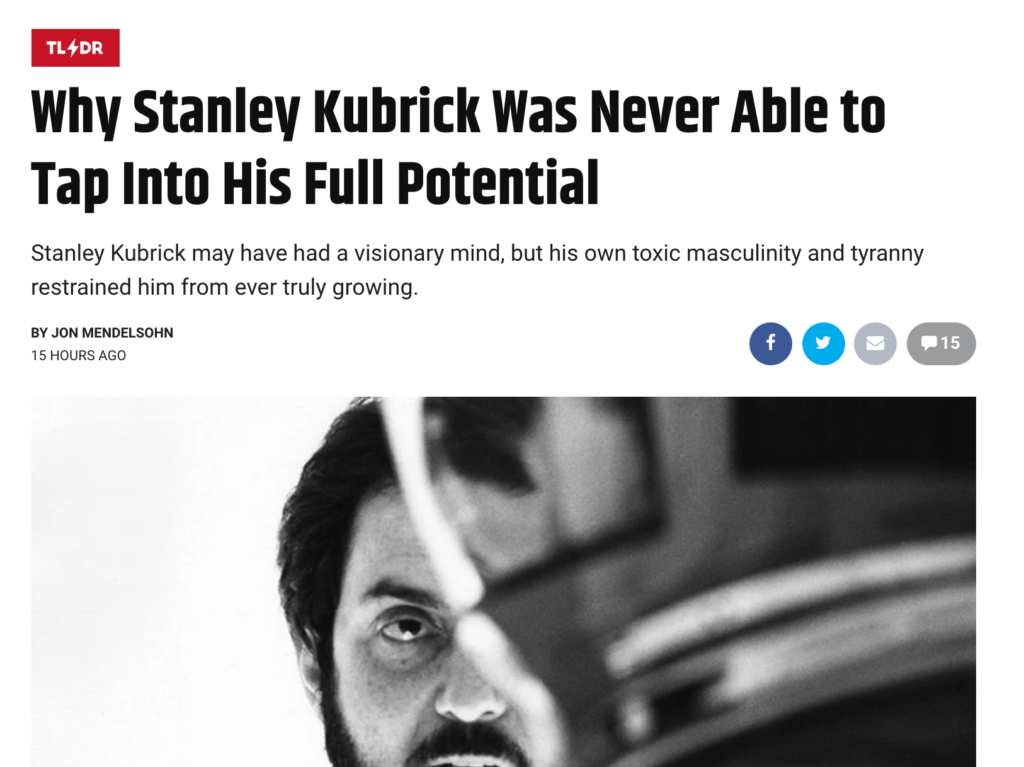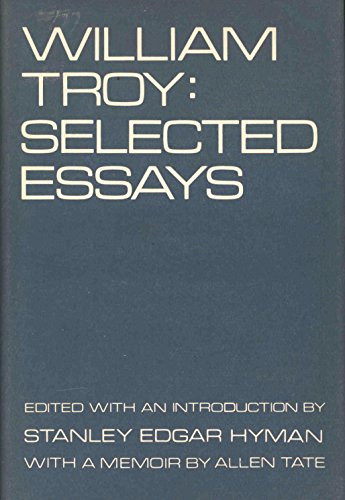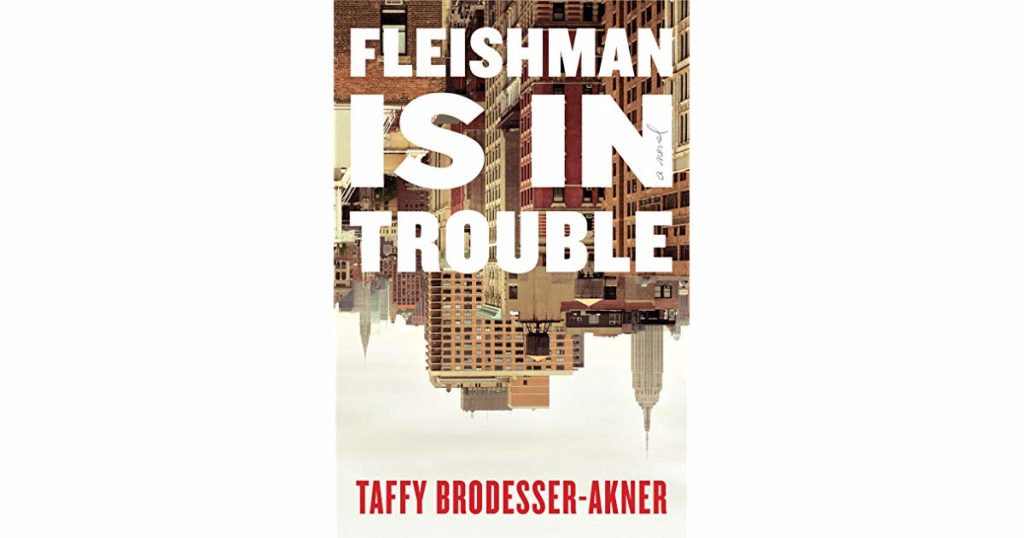Imagine a company could hook you up to a machine, delve into your deepest interiors and tell you everything about your soul, including your past lives. Would you? Could you trust them? Sure you would, especially if it meant finding your true companion on life’s endless karmic journey. For the generation that’s given up its DNA to 23&Me and its browsing histories to every free social network out there comes Amanda Quintenz-Fiedler’s delightful and provocative novella, Soul Mates Inc. Erik is a photographer devoted to making art that’s just not selling, so he takes a journalistic assignment to photograph the clients of Soul Mates Inc. But his intentions as the skeptical outsider looking in are soon thwarted when he catches a glimpse of who he really is, where’s he’s been, all he’s done and who’s meant to share eternity with him. Quintenz-Fiedler imagines a universe with a definite absurdist bent and soon Erik’s on the trail of a life he can’t remember to meet the person he’ll never forget. It’s a perfect premise for readers who enjoy the philosophical storytelling of Milan Kundera, who enjoyed The Epiphany Machine by David Burr Gerrard and who became healthily skeptical of technology after reading Dave Eggers’ The Circle. This is smart, relevant and fast-moving fiction that reminds us we can’t get to know ourselves without changing ourselves.
A Kid Posts About Kubrick
“Why is Kubrick trending?” I wonder, and fall right into one of Twitter’s traps, despite having watched The Social Dilemma just two short days ago. I click, thinking maybe some undiscovered work has emerged or somebody has found yet another clever way to link Dr. Strangelove to current events. Instead I get this:

The Twitter takes were harsh and cutting. There are the jokes about Kubrick somehow not living up to his potential, there are the screen grabs that prove that most of Kubrick’s output was an outright criticism of toxic masculinity, there are screen grabs of other headlines by Mendelsohn that reveal, to put it kindly, immature tastes.
Which got me thinking, he must be young. I found his bio on ScreenRant and for sure he is new at this and developing his style there and at CBR.com, putting out a mix of serviceable listicles and criticism. He seems to be enjoying himself.
“Jon Mendelsohn is a graduate of Ithaca College with a degree in film. Currently a writer for both CBR and Screen Rant, Jon is also a filmmaker and lover of anything and everything pop culture. When not writing or binge-watching Netflix, Jon loves to travel and find all the hottest foodie spots.”
He’s just out of school. He’s making films, thinking about films, talking about films and writing about them. He’s also coming up in an age where living wages for writing is rare, where the internet demands quantity over quality and where the traditional and vital relationships between editors and young writers is hard to come by.
Put another way, how many editors saved me from my own piss-poor, just out of school takes? Mendelsohn is trying to make his way through the world with some productive grit and creativity. The temptation to earn internet clout by citing Kubrick’s “toxic masculinity” as his artistic Achilles’ heel may be intense.
At my feet sits a bin of notebooks, written mostly between 1997-2000. Some of those thoughts went into columns and reviews I wrote for Lies Magazine. I had column one devoted to politics and one to jazz and blues music. That I considered myself an authority on jazz and blues is now embarrassing to admit. Politics is for everybody, but jazz and blues? That takes deeper understanding and I didn’t have it then and don’t have it now. Really liking Woody Allen’s Sweet and Lowdown is not enough.
I’m always tempted to look in those notebooks but I know there’s embarrassment on top of embarrassment in there. Fortunately, they’re at my feet and not online. Even the stuff I put online, for publications or my old blog, seem not to have survived outside of the Wayback Machine, if they’re even there.
Young writers and critics and artists today are really operating without a net. They can publish on impulse and so their impulses have to be perfect. Hopefully, the day that a young John Mendelsohn tried to get a dead Stanley Kubrick to get over his hang-ups and realize his potential won’t be long remembered. If it is, let’s remember it for the risks young writers, thinkers and artists face these days. Mendelsohn has plenty of time to realize his potential and I’m sure he will, if he’s encouraged with care.
The Search for William Troy
William Troy was, says the editor of the only book of his collected lectures and essays, a towering critic of the 30s, 40s and 50s. He wrote many book and film reviews for The Nation, but no books of his own.
I’m reading the collection William Troy: Selected Essays slowly. It’s long out of print but very gettable. His style is expert and delightful. He’s fighting, at this point of history, for literature to be enjoyed and interpreted as art, rather than subjected to the sorts of inappropriate scientific methods that have since subjugated the critical appreciation of the creative arts to some mad quest to view everything within the context of the social and economic sciences, if not even to physics and chemistry.

Here he is on the growing popularity of Henry James:
“At a moment where loss of continuity is our gravest threat, when personality is everywhere at a discount, when all consequent values dissolve in general terror, it is probably no great wonder that more and more people are turning to Henry James.”
Troy celebrates clarity in art and it’s darned refreshing.
Everybody Missed the Point of “Apropos of Nothing”
Finally finished Woody Allen’s engrossing and hilarious memoir and have been reading the reviews along the way, as well. The press has focused on the issues between Woody and former lover Mia Farrow and yes, the last third of the book is about what it’s like to live falsely accused of a horrible crime. But that’s not what the book is about and it’s too bad that we now lack popular reviewers who can read more deeply.
Apropos of Nothing is the tale of Allen’s artistic success and his loves along the way, for sure. Woody’s taken uncanny heat in the press for describing attractive women as attractive women, particularly for his jokes and poetic license. He’s even breen criticized for enthusiastically participating in the free love decades, as if the right thing to have done would have been to abstained in preparation for pruder times. But even this is really not what the book is about.
The heart of the memoir is Woody’s description of his character Zelig, the human chameleon who takes on the beliefs, appearance and mannerisms of anybody he’s with:
“Zelig was about how we all want to be accepted, to fit in, to not offend, that we often present a different person to different people knowing which person might best please. With someone who loves Moby Dick, for example, the protagonist will go along and find things to like and praise about it. With one who dislikes the book, the Zelig character will get with the program and dislike it. In the end, this obsession with conformity leads to fascism.”

This is a memoir about the virtues of self-direction, without deference to the opinions, desires and morals of others not because there’s anything wrong with other people or the way they think, but because it’s dangerous for society when individuals cave to what they perceive as the whims of others.
Allen’s movies have never been for everybody, and that’s intentional. He remarks in the book that he has no interest in collaborating with his audience on his films, so he’ll allow his backers to hold focus groups to inform their marketing but he won’t change his films based on some sample audience reaction. In an age where technocrats think they can quantify creative success, Allen’s story is a refreshing counterpoint.
In the end, his insistence on being himself is why he’s such a polarizing figure. Too few people are willing to do that in a world designed to reward those who merrily go along. This is the tale of a great iconoclast.
Publisher with History of Defying Censorship picks up Woody Allen’s Memoir
Arcade Publishing, the press that brought out Woody Allen’s memoir Apropos of Nothing in a surprise drop today, has a venerable record of fighting censorship and prudery. Its founder, the late Richard Seaver, brought D.H. Lawrence’s suppressed novel Lady Chatterly’s Lover to the public in the 1950s.

From the 2009 New York Times obituary:
“Richard Seaver, an editor, translator and publisher who defied censorship, societal prudishness and conventional literary standards to bring works by rabble-rousing authors like Samuel Beckett, Henry Miller, William Burroughs and the Marquis de Sade to American readers, died Tuesday at his home in Manhattan. He was 82.”
As editor in chief of Grove, he also published The Story of O as well as work by William Burroughs, Henry Miller and the Marquis de Sade. Arcade, the publisher he founded and grew into one of the most important independent publishers in the U.S. has an impressive backlist that includes the memoir of director Ingmar Bergman, for which Allen provided an introduction.
How appropriate that this daring publisher has stepped up to douse the flames of 2020’s virtual book burning.
Brett Easton Ellis’ White is a Necessary Manifesto
I don’t recall Brett Easton Ellis’ first nonfiction book getting all that great a reception when it was released last year, but the Goodreads ratings come in at a strong 3.5 and there are themes in this book that the legacy media might be reluctant to support. White is about people self-censoring in the post-Empire age of American public life where we are all subject to sudden mass judgment and expulsion based on musings, wisecracks and opinions uttered on social media or in print. Ellis’ book is a fun lamentation of the death of Open Society and should be read as a warning, not dismissed as reactionary.
Though Ellis doesn’t say it outright, I think he’s understanding that the First Amendment, as a legal term, cannot encompass everything that’s demanded of a society that truly celebrates freedom of expression. If you tell somebody say, protesting a speech on their college campus or demanding that a publisher doesn’t release a book that they’re working against free speech they will argue back that they, too, have a right to criticize, to make demands and to shape the culture.

Of course, they do. But how they exercise that right matters. As the author of American Psycho, which has its original publishing contract canceled at the last minute after people who had not even read the book protested against what they assumed were its themes, Ellis knows full well that there’s a big difference between a civil society that says “Sure, publish it and then I’ll argue against it” and one that seeks to suppress creative work that might be challenging or, in contemporary parlance, “triggering.”
Ellis got a lot of attention for calling Millennials “Generation Wuss” and so the response to White was that the former literary brat packer had become an old man yelling at the kids. But he’s really trying to save the kids by bringing them back to a culture of aesthetic appreciation where, yes, you can watch and enjoy Roman Polanski film without concerning yourself with the director’s life, if you so choose.
From my vantage, the Millennials are not really to blame for the emergent anti-speech culture. They were children and toddlers or unborn when “political correctness” became prominent in the 1990s. Around that same time, we were slapping warning labels on popular music and people were threatening to outright censor sexual content on MTV and violent content in video games (after the Legend of Zelda massacres, of course, I kid).
There’s always been a tension between speech and society’s stability (just ask Socrates) but Ellis is refreshingly blunt about the mental illness of adults who allow themselves to be psychologically triggered and disrupted by other people’s opinions and aesthetics.
There’s a lot of art and opinion I don’t like in the world and some of it makes me mad and some of it makes me uncomfortable. Ellis, for example, loved horror movies in his youth while I’ve always hated them and scenes of even absurd horror violence can still worm into my mind and rob my sleep. But I don’t agitate against horror movies. I don’t demand that they aren’t distributed or made available to others, though I surely have every right to do so.
There’s ultimately a difference, and it’s deeper than a legal one, between saying “I don’t like something or somebody,” and saying, “Those things should not exist, those people should not be allowed employment in industries where I can see them.” It’s also funny and telling that our society is highly judgmental over who gets to be an actor, director or writer for a living but that we’re almost entirely unconcerned about who foams our cappuccino. Some of those baristas probably have hair curling opinions.
Ellis fans will also want to read White because there’s a lot of cool detail about the mindset that led to Less Than Zero and the creation of the Ellis-verse that includes all of his books. I was only a little disappointed that Glamorama isn’t mentioned at all.
U.S. Think Pieces, 1-3 Months from now
Let’s get a jump on this. We all know what we’re going to be reading on The Vulture, Slate, Vox, Jezebel and the like in a few months:
My Emerging from Self-Quarantine Diary
Dealing With Your Co-Workers in Person Again
I’m an Introvert and Want to Stay Quarantined
The Ten Best Meals I Ate Alone Last Month
Why I’m Still Never Getting on a Cruise Ship
Brooklyn Parents Can’t Get Test Prep Money Back Over Cancelled Tests
I Fell In Love with My Home Assistant While Under Quarantine
Can We At Least Not Bring Back Office Parties?

Plague Time Reading
Everywhere I turn, I’m seeing lists of movies to watch and shows to binge while under self-imposed (or, outside the U.S., government-imposed) quarantine. But this is really the best time for reading.
Haaretz has put together a list of novels for the novel corona virus, including Jose Saramago’s eerie Blindness, The Last Man by Mary Shelley, The Plague (natch) by Albert Camus and Love in the Time of Cholera (also natch) by Gabriel Garcia Marquez.

Personally, I’d spin a quarantine reading list in another direction entirely. I would avoid books about pandemics and seek out comedies, farces and fantasies. My current booklist includes:
Until the End of Time by physicist Brian Greene
White by Brett Easton Ellis
Algiers, Third World Capital by Elaine Mokhtefi
The Complete Works of Fante Bukowski by Noah van Skiver (ships next Tuesday)
The Ongoing Censorship of Woody Allen
Today’s contribution is a link to my opinion commentary at MovieMaker magazine, a publication that has supported the independent film industry and the visions of thousands of artists, since 1992.

Read Fleishman — It’s as Good as They Say
It’s a little weird to push a debut novel that’s already won rave reviews, comparisons to Phillip Roth, a nomination for the National Book Award and was subject of a 10 producer bidding war for limited series rights (won last fall by FX).
But I absolutely loved this novel.
Fleishman is in Trouble is mostly about the divorce of Toby and Rachel Fleishman, he a hepotologist and she a high powered talent agent who helped turn an off Broadway one woman show into the Fleishmaniverse’s Hamilton. They have two children, an awkward and introverted son and a daughter on the verge of adolescence. It’s a book about privilege and rich people problems, yes, but there’s so much more going on.
The story is told, The Great Gatsby style by Libby, a former writer for a men’s magazine who reconnects with Toby and then with Rachel, during a crack-up August as the two finalize their divorce. Like Nick Carroway, she’s an interested observer, though not objective. Unlike Nick, she has her own issues to work out that parallel and add to the story. Since Taffy Brodesser-Akner is also a magazine writer, readers will assume Libby is a stand-in for the author, but all of these characters are so fully imagined that I would not make that leap.

It’s amazing how every character gets their due in this book, with the notable exception of Miriam, who just can’t seem to be fleshed out towards redemption because she’s so… well, you’ll see. She’s really ugh.
It’s poignant, it’s funny, it’s a little sexy and if you have time to pick up and read a copy before the mini-series comes out, it’s more than worth the trouble.